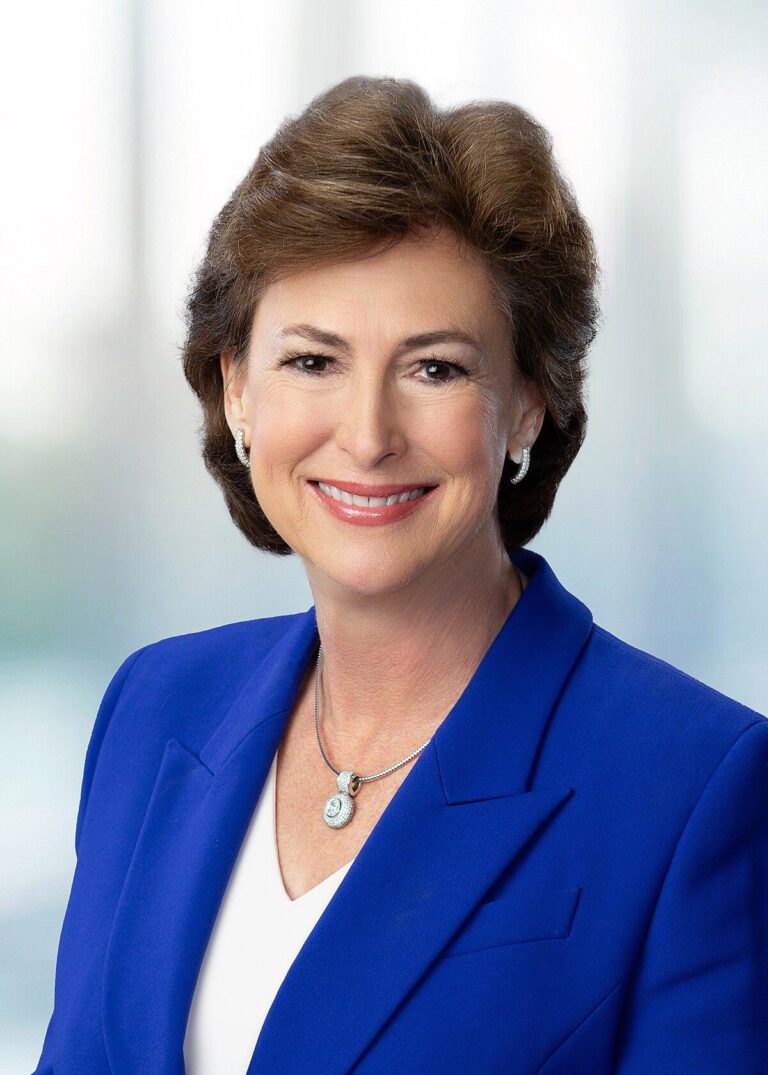Kim Ogg’s Unique Political Position: Championing GOP Leadership While Upholding Democratic Ideals in Harris County
Encouraging Republican Involvement to Foster Balanced Governance in Harris County
Kim Ogg, the former District Attorney of Harris County, has recently voiced support for bolstering Republican leadership within the region, despite her steadfast affiliation with the Democratic Party. This stance reflects the intricate political environment of Harris County, where demographic shifts and evolving voter priorities call for a more inclusive and cooperative approach to governance. Ogg stresses that integrating diverse political perspectives is essential to effectively tackle the county’s pressing legal and social issues.
She identifies several key areas where bipartisan engagement could lead to improved outcomes:
- Advancing criminal justice reforms through cross-party collaboration
- Ensuring fair and efficient distribution of public safety funding
- Enhancing community trust via transparent and accountable leadership
| Focus Area | Republican Contributions |
|---|---|
| Criminal Justice Reform | Innovative policies balancing enforcement and rehabilitation |
| Resource Management | Emphasis on fiscal discipline and operational efficiency |
| Community Engagement | Building trust through bipartisan outreach |
Maintaining Democratic Principles While Navigating a GOP-Dominated Political Terrain
Ogg’s political approach exemplifies a pragmatic leadership style that prioritizes effective governance over rigid party loyalty. Although Harris County has seen a growing Republican influence, she remains committed to Democratic values while advocating for increased GOP participation to create a more balanced political ecosystem. This duality highlights her belief in bipartisan problem-solving as a means to better serve the county’s diverse population.
Her leadership philosophy is grounded in several core tenets:
- Promoting dialogue: Facilitating constructive conversations between Democrats and Republicans to address community challenges.
- Transparency: Upholding open communication channels regardless of political affiliation.
- Community-centered policies: Focusing on public safety and justice reforms tailored to local needs rather than partisan agendas.
| Leadership Principle | Effect on Governance |
|---|---|
| Pragmatism | Bridging ideological divides to foster cooperation |
| Bipartisanship | Improving policy outcomes and public confidence |
| Community Focus | Addressing localized issues with comprehensive solutions |
Overcoming Obstacles and Leveraging Opportunities for Bipartisan Progress in Harris County’s Justice System
Effective governance in Harris County’s legal framework requires navigating complex partisan dynamics. While Kim Ogg champions a stronger Republican role in local leadership, she remains a Democrat, embodying the challenge of transcending party boundaries to prioritize justice and public safety. Despite shared objectives like reducing court backlogs and improving victim services, political differences often impede unified action.
Key hurdles to bipartisan cooperation include:
- Strong party allegiances: Deep-seated political identities can obstruct compromise.
- Disparate policy views: Divergent opinions on law enforcement budgets and sentencing reforms.
- Voter expectations: Constituents often demand clear partisan stances, complicating cross-party messaging.
Nonetheless, there are promising avenues for collaboration:
| Area | Challenges | Potential Solutions |
|---|---|---|
| Judicial Reform | Resistance rooted in party politics | Creation of bipartisan reform committees |
| Law Enforcement Funding | Budgetary disagreements | Community policing partnerships |
| Court System Efficiency | Limited resources | Adoption of advanced case management technologies |
Practical Strategies to Foster Bipartisan Engagement and Strengthen Community Confidence
Building durable bridges between political factions demands dedication to openness and respectful dialogue. Establishing regular bipartisan forums where officials and residents can share perspectives without partisan pressure is a vital first step. These gatherings should emphasize active listening and the integration of diverse viewpoints into policy development.
Additionally, community trust can be enhanced through initiatives that unite different political groups around common objectives such as public safety, economic growth, and education. Recommended approaches include:
- Collaborative community service events that encourage participation across party lines.
- Transparent progress reports on bipartisan projects to ensure accountability.
- Inclusive town halls designed to engage underrepresented populations actively.
| Initiative | Anticipated Benefit |
|---|---|
| Bipartisan Forums | Improved mutual understanding and cooperation |
| Joint Service Projects | Strengthened social bonds and community unity |
| Transparent Reporting | Heightened public trust and accountability |
Looking Ahead: The Future of Political Collaboration in Harris County
As Harris County‚Äôs political environment continues to shift, the interplay between party allegiance and leadership demands remains intricate. Kim Ogg‚Äôs distinctive position‚ÄĒadvocating for greater Republican involvement while upholding Democratic principles‚ÄĒillustrates the evolving nature of local politics. Stakeholders and voters alike will be closely monitoring how these dynamics influence upcoming elections and policy initiatives in one of Texas‚Äôs most populous and politically significant counties.

